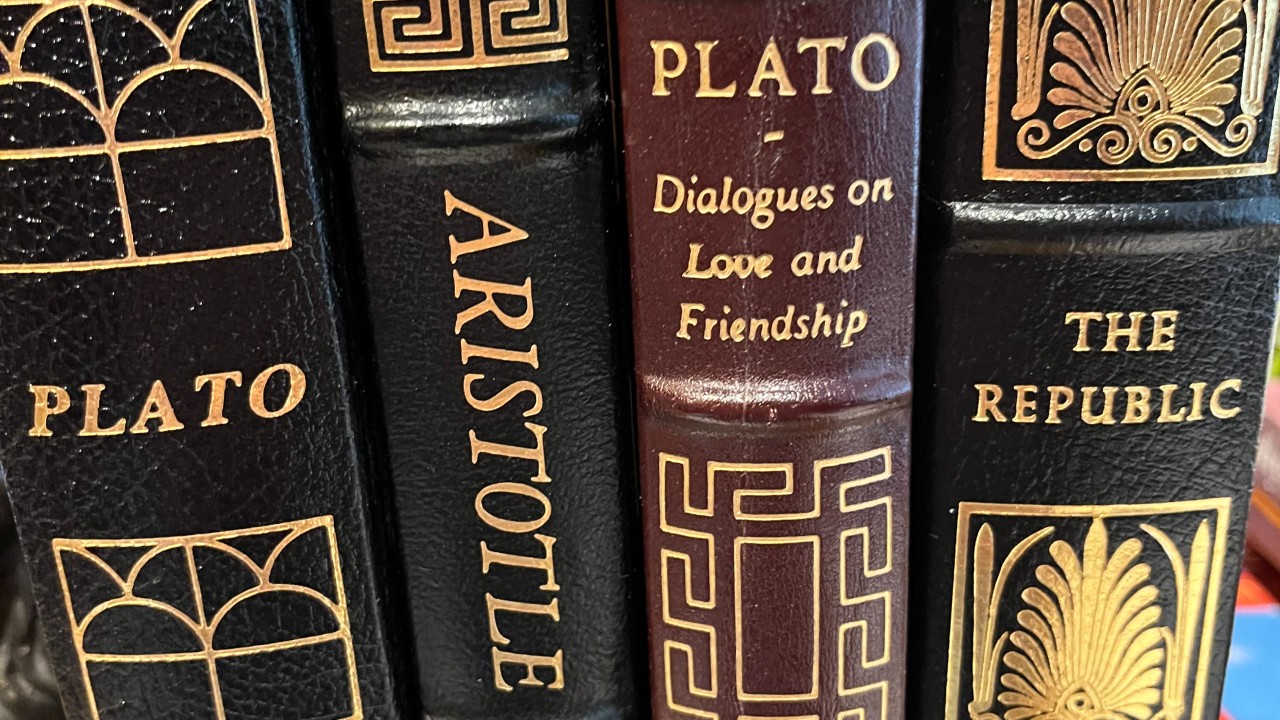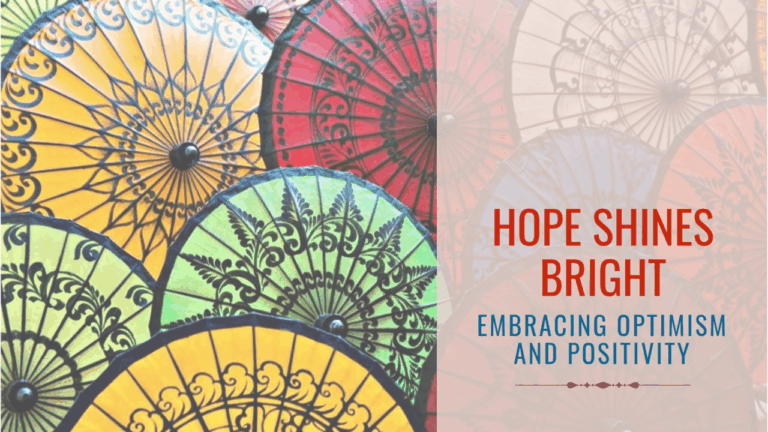About Matters of Truth
Sadly, today we confuse opinion with truth. We can blame our muddled and disordered political discourse on Michel Foucault. He and other postmodernist philosophers argued that truth is contingent on social context rather than being absolute and universal. Postmodernists contend that truth is always limited rather than absolute and unquestionable. This absurd idea engenders thoughtless conversation. Reality depends on opinion, and what we believe is our reality. The truth doesn’t matter. Once we distort truth, a consistent, shared sense of reality, we’re undermining the basis of democracy.
There is no point in arguing when it comes to opinion. Disputes are fruitless. De gustibus non est disputandum (there is no disputing about tastes). Arguing over opinions will not lead us to agreement. While we should wisely live with and gladly tolerate differing opinions that reflect divergent ideas, we must diligently seek the truth that supersedes opinion.
Truth-seeking inhibits the intrusion of emotional preference or wishful thinking. Temperamental inclinations, emotional predilections, and cultural attachments distort the truth. Truth requires critical thinking unmarred by passion.
Socrates contended that the unexamined life is not worth living, emphasizing the importance of constantly questioning and reflecting on our beliefs and actions. Truth-seeking begins with examining one’s own beliefs and the beliefs of others, aiming for universal concepts like virtue and justice.
The unrelenting pursuit of truth occurs in collaboration with others. We must explore and grow together. This endeavor requires humility and an unwavering commitment to the essential values of truth—prudence, justice, temperance, and fortitude. Prudence, sound judgment, and acting wisely in various situations promote truth. Justice ensures order and stability in society and personal relationships. Fortitude and moral courage–standing up for what is proper, right, and just–enables us to confront challenges and dangers with strength and resilience. Temperance, resisting excess, and maintaining equilibrium requires moderation and self-control.
Dignity, decency, and civility illuminate truth. Virtuous action cultivates a society founded on genuine values, not those of expediency and personal gain.



